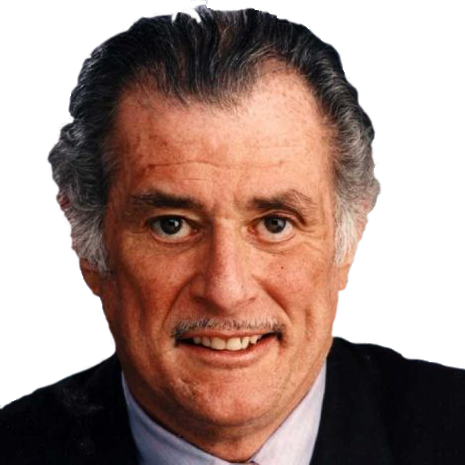
FRANK DEFORD
Biography
Frank Deford grew up in Baltimore.He attended Princeton University, where he became the chairman of the Daily Princetonian. During his senior year, he received an offer to move to New York to work for Sports Illustrated. He joined the magazine in 1962. Though he thought it would be a short stint, his time there spanned decades. Deford would forever be known for his sports writing.
Over the course of his career, Frank Deford won countless awards including being elected to the National Association of Sportscasters and Sportswriters Hall of Fame and winner of the Red Smith Award from APSE. He has received an Emmy and Peabody for his work in broadcast.
Deford is a commentator on NPR’s Morning Edition on Wednesdays and is a correspondent on HBO’s RealSports with Bryant Gumbel.
Interviewed by Alex Silverman and Robbie Greenspan in 2017
Ilived a very happy childhood. I do remember reading from an early age: reading newspapers, the sports section.
Actually, when I grew up, Baltimore didn’t have any major league teams at all. I don’t know if that had any influence on me either way in becoming a sportswriter, but I found out very early on that I could write.
It was something I could do better than the other kids in the class. Just like somebody finds out they are the fastest runner in the class or draw the best pictures or play the best piano, I could write. Either way, I loved it.
As always when you have a talent, you get such wonderful feedback. People compliment you and it makes you feel good. This seemed to me to be pretty neat. Not only was I doing something I liked, but I got a lot of credit for it. So from a very, very early age, I saw myself as becoming a writer.
Very few people, in any line of work, know when then are very young what they really want to do. You talk to a kid and he says, ‘Oh I want to be a basketball player or I want to be a fireman or I want to be the President of the United States.’ But those are dreams.
I really wanted to be a writer from early on. The only other thing that interested me a great deal was acting. I always loved the theatre. I think if I hadn’t been very good at writing, I would have pursued a career as an actor, which is by the way, a much more difficult thing than a writer. But never seriously, because I did so well as a writer.
Now as far as being a sportswriter is concerned, I never set out to be a sportswriter. And my experience is most of my colleagues who are sportswriters did want to be sportswriters. I just wanted to be a writer, and I loved sports.
But in high school, I was the editor of the newspaper, not the sports editor. At Princeton, I was not the sports editor, I was what was called the chairman, which was really editor-in-chief of the Daily Princetonian. So as a kid, you write about everything. I covered the Princeton basketball team when I was on the newspaper there. But I never pinpointed myself as a sportswriter. I just wanted to be a writer. I wanted to go to New York, because that’s where the action was. If you were a writer, you were going to go to New York.
From a very early age, I was always interested in fiction too. There are a lot of journalists who never had any interest in writing fiction, or any facility for it. So I was always sort of bifurcated. I won a big national short story award when I was 13 years old. I think if anything, my dream as a kid—as a teenager was to be a great playwright or a great novelist, as opposed to being a great journalist. So I was always divided in that way. But I never would have been somebody who could have worked a job as a waiter, then gotten up at four or five in the morning and written chapters. I wasn’t built that way.
So when I got an offer at Sports Illustrated in New York during my senior year at Princeton, I jumped at it. First of all it was in New York, second of all it was at Time Inc., which was at the top of the tree. And third, I did have a tremendous admiration for the writing in Sports Illustrated. Not only for the subject matter, because I was a sports fan, but for the writing. I thought it was a very, very good magazine.
I could never have worked for Time magazine, where everything was rewrites. Life magazine was basically a picture magazine. Fortune was out of my wheelhouse; I was never going to be a business writer. So Sports Illustrated was perfect for me in that sense; it was a subject that I cared about, and it was a display that I considered top quality.
But even when I went to Sports Illustrated, I thought that would probably be just for a few, a brief period, say five or six years. I was just going to get my feet wet, and I just happened to be a sportswriter. That was the attitude I took to Sports Illustrated. Well I’ll be here for a little while, I hope I can get to be a writer here. I had come as a researcher, the lowest guy on the totem pole. This will give me a good start, and then I can move on. That was my attitude at the time.
When I got to Sports Illustrated, I did get to be a writer, and it was a marvelous time, because the magazine was just becoming profitable when I got there. It had begun in 1954, and I got there in 1962, and that was the first year they broke even.
There had even been talk up to two years before that they were going to fold the magazine. So I came at just the right time. It was still a relatively small enterprise. I mean everybody knew everybody. So even this new snot-nosed kid, just off the campus, it didn’t take long for even the boss, the managing editor, to know me. See, you could get a chance to write, and I got a chance very early on, and I proved myself.
So much of life, so much of work, is luck. No one really wanted to cover basketball then, it was considered a very down and dirty sport. It wasn’t very big at that time. It wasn’t nearly as big as it quickly became. I had been a very good high school player. I didn’t make it in college, but I knew the game. I had covered the game for the college newspaper for a couple years. So I kind of found an opening very quickly, and became the basketball writer for America’s sports weekly at the age of 24.
Some things just click. I was writing the NBA and college, because nobody wanted to do it. It was still considered such a minor sport; they just had one guy doing them both. I also did some baseball in the early years, and I drifted into tennis because nobody wanted to do tennis. I got some very lucky breaks.
What I thought would be five years and then I would be gone, I had become much more successful than I had ever imagined I would be, and I was enjoying it. I was writing well, and developing a reputation, and there didn’t seem to be any reason to leave.
It was around that time I wrote my first book, and I remember this: I can’t remember the exact year, probably about six or seven years after I got there, when I had begun to establish a name, The Saturday Evening Post approached me, and offered me a job.
That was very attractive because what they were saying was, you’d have to write, I forget how many pieces per year, but only half of them will be sports, and half of them will be other subjects. And that was very attractive. I remember talking to my agent about it. His name was Sterling Lord. Amazingly, he’s still alive and active at the age of 93 now. Isn’t that amazing? I’ve had the same agent for 50 years or whatever. I talked to Sterling about it, and he said, I know you are interested in doing things other than sports. But let me warn you about The Saturday Evening Post. I’m not going to tell you what to do, but they had a real good year last year, and I think it was kind of an anomaly. They got a lot of good car advertising, and I’m not so sure that they are that sturdy. And he was right, they were out of business within four or five years, and I stayed at Sports Illustrated.
And again, as I told you, I was the basketball writer, and in the summer I would cover tennis, which was not a secondary sport, but a tertiary sport. They gave me a chance to write longer feature pieces, which I wanted to do. After I covered basketball for seven or eight years, I went to the managing editor, Andre Laguerre, who was an absolute lion in the field. This guy was the best. I said, ‘Andre, I don’t want to cover basketball anymore. I have no designs on being Mr. Basketball one day. I don’t want to be the basketball expert or the baseball expert or the football expert, or any kind of expert, I want to be a writer.’ And he said, ‘I knew this conversation would be coming up.’
So after the 1970 season, I no longer had the basketball beat. I was then almost full time feature writer, which I remained the rest of my time at Sports Illustrated. That is what I wanted to do, to write long pieces, and that is where I made my reputation.
Sportswriters were looked down upon. I think in the beginning, that was part of my attitude. There were so many hack sportswriters. But I also told you, and made a point to tell you, that the writing in Sports Illustrated was great. As a matter of fact, there were a lot of people who said then that Sports Illustrated was the best written magazine in the country. That was not an uncommon thing to hear. The New Yorker was then an awful lot of dreary long articles, it wasn’t nearly as well written as it is today. And there weren’t that many. It was before New York Magazine came on to the scene and so forth.
People who didn’t just naturally look down on sportswriting were willing to look at it fairly and complimented us often. As time went on, I became less offended that so many people fairly looked down on sportswriting, because there were a lot of hacks, and my sense was, I can make it better. And it was getting better. Not only because of Sports Illustrated, and I think Sports Illustrated lifted all. A rising tide lifts all boats, and I think Sports Illustrated was that rising tide. You began to see better writing in newspapers in the sports sections. It wasn’t just covering the games, it became much more of a craft then it had been even when I entered it. In a very short period of time, sports writing became much more admired. I think it did become easier to stay with it.
And as I have often said, if you can’t write sports, you can’t write anything. It’s the easiest thing to write. It really is, when you think about it. It’s drama, it’s glamour; somebody wins, somebody loses. It’s exciting, it’s spectacle. And for the most part, people will talk to you. They are not keeping state secrets. I think it attracts, and it does to this day, it attracts good writers, because they see the potential that is there in those stories. So you’ve had some really good writers drop in: John Updike’s story on Ted Williams, the famous Tom Wolfe story on Junior Johnson, a lot of good writers at least pop in to write sports, because it does lend itself so much to good writing.
I am reluctant to give anybody any advice on journalism, because the ground has shifted under our feet. I am not in the front lines anymore, and I don’t think I have the expertise to give advice to give to somebody coming in to any part of journalism today.
But I would say this: from a general point of view, in any point in time, I would suggest any writer, unless they just don’t care about sports, because if you don’t care about something at all, it is very difficult to write about it. But if you care about sports at all, no matter how much of a generalist you are, if you see a good sports story, write about it. Absolutely, because it is often really the easiest thing to write about. And the other things people sometimes forget about sports is how deeply ingrained it is in our culture. I get very irritated with people who say, ‘we Americans just love sports,’ as if we are somehow different. There is no diminution in interest in sports anywhere in the world. We are not particularly great sports fans in this country, anymore so than anybody else. It really is such a part of society and culture. To dismiss is as just fun and games is to be snobbish and stupid.
I think there are so many hack writers because so many people love sports. Somebody who loves sports and wants to be a part of it looks around and often they go in to the writing side of it, and they are not really very good writers. Or for that matter, they are not very good announcers. But they love sports, they are attracted to sports. So what happens is people who are sports fans becomesports writers. And I think that happens more than in other territory.
Yes, people who are political fans become political writers. People who are very interested in religion become religious writers, even though they may not be very good writers. But I think it happens more in sports. People say, ‘wow, I get to go to games!’
That’s not the sort of payback you get from covering city hall. Wow, you get to meet the mayor. In sports, you get to see the games. It’s fun! That’s why I think it attracts people who aren’t very artful with their writing. They are just so enthusiastic. And the same thing also applies to sports broadcasting.
What makes good writing? I can’t tell you. Some people write well about how to write. I’ve never been able to do that. Some people say with a great deal of definitey, ‘make your sentences shorter. Don’t do this or don’t do that.’ I can’t pinpoint how you write. I know good writing when I see it, and there are all kinds of different writing. I think it would be very hard, as a matter of fact, to mimic me, to mimic Frank Deford’s style, because I don’t think I’ve ever had a style. I write one article very different then I would another one, find a different tone for whatever subject. I would make a terrible teacher.
I think I had a natural affinity for writing. I was blessed. I don’t make any pretense about that. I think I used my talent, but I think I was blessed and I was given talent. I’m not in the top ranks; and I’m not suggesting I am going to win the Nobel Prize for literature. But I was blessed with the ability to be a very good writer.
In so far as stories are concerned, I think I am very good at structure. This is something a lot of young writers don’t understand. They think the difference between a short story and a long story is a long story is simply longer. No. Structure is crucial to anything you write, whether it is a short magazine piece, a long magazine piece, or even a book.
Structure matters a great deal. And I think I have a good - maybe this is what I was blessed with – a rhythm and pace for writing. Some people, everything can be a good piece, but it is very flat, it plateaus.
I think I am very good about peaks and valley. That’s pace, that’s rhythm. And I have a good eye and a good ear. Maybe I see a few things that a lot of writers don’t. The little things; the little details. The little remark that the devil is in the details is very true. Good writing is in the details too.
That’s the little things, and I think I am very good at seeing them. Those are the things that lift me up some. I have problems with patience. I get bored. I am amazed when I read 500 page biographies. I say to myself, ‘how in the world did this writer ever have the interest, I don’t care who the person is, in devoting this much time and energy to one person?’ I am not very good at hanging around. I like to get in and out. And that probably hurts me. If I had a little more patience, if I could hang around a little more. I like to get back to the writing. I have my shortcomings, and I am well aware of that.
It probably wouldn’t surprise you to know I am a very eclectic reader. I read a lot of history. I suppose I read it more than anything. It is a lot of history. But I will switch back and forth between novels and non-fiction. I read whatever interests me. I never could stand science fiction. I can’t stand it; I have no interest in it whatsoever. I was never very good with great, deep literature, which I guess is an indication of my ignorance.
Somebody like Faulkner, it just loses me. Sorry, I don’t get it, I’m too stupid. I have never been much on detective novels. I’ll read them occasionally. But the main thing is, things strike my fancy, and I’ll say, ‘I want to read that.’ And I’ll go buy it or I’ll go to the library and get it. If you look at the subject matter of my novels, you’ll see the same eclectic pattern. I have written two or three sports books. But I have also written about reincarnation. I’ve written about polio. I wrote a book about the Japanese, really from the Japanese point of view, leading up to World War II. I was sort of an authority of the 1930s Japan for a while. I can’t remember any of it now.
My last novel was about the closest thing I get to an action book. It was written as a woman, though, growing up, and it’s not really a sports book. But she goes to the 1936 Olympics and falls in love with a German. It’s a love story. The novel I am working on now, it’s a big saga about an American family right after the war. As you can see, I just sort of write whatever strikes my fancy, whatever interests me. It’s the same way with my reading. I am very jealous of these guys who can create a character, a detective or something, and write 30 books about it, because that’s the way you make a lot of money. But I’ve never been able to do that. Like I said, I’m impatient. I flit from flower to flower.
I don’t have an audience. I really write for myself. If I was much smarter, I would have figured out, I have to find a core group who is going to buy every Frank Deford book. But somebody who is interested in Pearl Harbor is not going to necessarily be just as interested in polio, two entirely different things. I do think this, I don’t write down to whoever is reading me. Sometimes people say, ‘you use too many big words’ or something. If I find a word that is just right I will use it. I know if maybe 70% of the people reading will not know that word. I’m not going to try to be difficult for the sake of being difficult. But by the same token, I am not going to write down to the audience. And that is what happened with a lot of sportswriting. People felt you were just writing to fans and idiots. People who read sports are probably, as a group, are pretty smart. There are some who are just going to read the fan books. If you are a Pittsburgh Steelers fan, if somebody writes a book on Ben Roethlisberger, you are going to read it. But apart from people like that, people who read sports books are fairly intelligent.
I knew David [Halberstam] pretty well, and we talked about that. I know he made his mark first, as a political writer. His book about Vietnam, then The Best and The Brightest. Not just politics, but he made it really before he went into sports.. And I understand that. The novels are a great release for me through the years, because they’ve allowed me to get away from sports. And I think that is healthy. Then when I come back from sports, I come back with more enthusiasm. You probably have to worry about this no matter what your subject is in journalism, no matter what your expertise is, you tend to become bored, it’s repetitive, and you become cynical. And you have to watch all that. I think when you get away from your prime source, your prime subject that is very healthy. And that is what the fiction allowed me to do.
But I did ask the managing editor if I could go and live abroad for a year. I thought that just that would be good for me. Take a break from the daily routine. We had actually put the house up for the rent, and we had decided to go to England, because I thought it would have been enough of a change where I didn’t have to worry about the language as well, and I have always been something of an Anglophile. So we were set. We were going to live in England for a year or more. That is what is interesting.
The offer to run this newspaper came along at just this moment in my life, when I was looking for something new to do. And obviously, it was something extreme, as opposed to just moving to England. But it came at the right time, and it was offered by the right person. It was a friend of mine, Peter Price, who I had known going back to Princeton. And the whole thing was very, very intriguing to me. It was just a fabulous challenge.
And I thought, ‘well, for once in your life Frank, you ought to roll the dice.’ And I was well paid too. I don’t want to pretend I had to mortgage my house and sell my belongings. I was well paid. So there was that that made it very attractive.
The whole idea was very beguiling. It is difficult for people to understand now, but this was before the Internet, so the world was entirely different then it would be in just a few years. USA Today was selling more than a million copies a day all around the country. Sports dailies existed in most countries around the world, and were extremely popular. So there was a rationale for saying we might be able to make this thing work. And we had real money behind it. So often, when people get these crazy ideas in journalism, or in publishing, there really isn’t any money to sustain it. But we had big money. So I thought, let’s do it. It was I think, and I am the worst person to judge it, but I think everybody seems to believe it was an artistic success. It was a commercial disaster.
And it was sort of fun to run something. That’s the other thing. When you are a writer, particularly a feature writer, you are not going in to press boxes, you are not hanging out with other writers. It’s a very lonely existence. I enjoyed the lonely existence. I don’t need to be surrounded by company. But by the same token, I thought, ‘hey this will be
great to be a part of a team.’ That attracted me too; I was going to be a leader. Unfortunately, I never really got a chance to be an editor. Mostly what I was doing was putting the thing together, then being a PR man for it. That turned out to be the largest part of my job. I never really got a chance to sit there like Ben Bradlee.
It was a really exciting enterprise, it was great to work with people who had taken this dare themselves. A lot of them had uprooted their homes. There were a great many people who really cared about this. They had always been at newspapers where people tended to look down on sports, but all of a sudden the whole bloody thing was sports. I look back and the experience was dispiriting because it ultimately failed and we were struggling the whole time. But as far as the passion of it, that was wonderful. I look back on that fondly.
I went after the top writers, that was my job in the beginning. As the staff began to be filled out, it became more a group thing. It became a process that a lot of us were involved in. We had a hell of a staff, we had some really good writers. That’s one thing everybody has always said about The National, we had great writers. People also talk about the statistics. You’ve got to remember some stuff we did that was revolutionary at the time looks primitive now, but we were ahead of the curve there was no question about it. It was a great product. I really believe that. Everybody tells me that. But unfortunately if you can’t deliver the product, it doesn’t make any difference how good it is.
I think the proof is in the pudding. Look at how many newspapers have gone under. Look how many magazines have gone under. There’s just no question, it’s not anything coming from Frank Deford. I suppose [the internet] is the most important change in communications since Guttenberg’s printing press. I don’t know whether 10 years from now, 20 years from now, 50 years from now, books and magazines as we know them will probably all be gone. Everything will be online.
I think when you get an awful lot of people who are blogging because they’re fans. It certainly hasn’t made the writing any better, it has diminished the writing. You look at sports pages today and there seem to be so many games and so much statistics. The opportunity to do the kind of features and take outs that used to be common just don’t exist any more. I think the athletes get pissed off because so many people are writing crap that isn’t getting filtered. The access to athletes definitely has had some effect, but not nearly the effect of the technological change.
We all know that athletes in big time programs are coddled and are not necessarily real students. That’s been proven in places like North Carolina. But do the guys who cover those teams have the chance to delve into that? No, they don’t. Just give us the games. Everybody doesn’t have time to catch their breath and look at the big picture.
They’re catching the celebrity side, it’s a celebrity world and people are much more interested in that. I’m not suggesting that we don’t read about the stars because we certainly do. But I don’t think that what we read about them is as artful as stories that used to be done when there was time to do them. Part of it is you can’t find stuff because there’s so much stuff out there. That’s why I was so lucky writing for Sports Illustrated when I was. It was like starring at MGM. Everybody knew when a new MGM movie came out, everyone knew Sports Illustrated would be out every week. The people who wrote for the Washington Post and the New York Times and the Los Angeles Times and so on had similar types of audiences and that doesn’t exist any more.
The most famous of all is Bill Simmons of course. He’s not a bad writer, he’s got a good touch, but it’s more like a letter from home when you read him. It goes on and on and on, he’s a good writer, but there’s no structure at all. So much of the stuff on the internet reads like it’s a letter not like it’s an article, and I think that’s the direction we’re heading in.
I was always looking at how good a story could I do. Sometimes the most interesting story was not always the most interesting person. People say which sport do you like writing about the best and I say I don’t care, some of the best stuff I’ve wrote was about the roller derby. I want to write what I can do the best job on.
Arthur [Ashe] was the one guy that I was closest to. We were very much the same age. We met each other when he was No. 2 on the UCLA team, and I was certainly not at all established. We enjoyed each other’s company immensely and then I did a book with him, spent a year with him. I went to South Africa with him. Yes it’s interesting that he was black and I was white, but that really wasn’t the issue. It made it more interesting, a black friend, because most white guys don’t have black friends or vice versa. But really, we got along. He lived in New York and I lived in New York. It was just a very casual, good relationship.
The trouble with Arthur, or the image of Arthur, was that he was involved in so many serious things, race was always so prominent, then of course the terrible thing about his health. People think that he was this utterly serious, somber person and the fact of the matter is he was great company, he was a lot of fun. When he wasn’t talking about race or AIDS, he was a lot of fun. We got along, it was as simple as that. He was a dear person, he really was as good a person as he was portrayed.
I had a daughter who was born with CF (cystic fibrosis) and lived for 8 years only and then died. Obviously this affected me more than anything else in my life. I wanted to be part of it and do what I could. I became the chairman of the Cystic Fibrosis Foundation. People were probably very surprised to see Frank Deford in a suit and tie running a meeting. I was very valuable to the foundation because I did have certain names that I knew and I speak well, so I was a front man. I had a role to play. Many of the people on the board of trustees, vital people, were people that could raise money, were doctors, and I was something different. I was the liaison among all these constituencies: the doctors, the businessmen, and all that stuff. It’s the proudest thing I ever did because during my tenure we came a long way.
We’ve also come a long way since I’ve stepped down, so don’t think for a moment that it was because of me. But it was great to be a part of something that was so successful. We became a model foundation. Other foundations have told me that, that they patterned themselves after the success of the Cystic Fibrosis Foundation. I can’t say it’s one of the joys or successes of my life because my daughter died and we still don’t have a cure. But it was a satisfying part of my life that I could contribute something besides just words on a piece of paper. When Alex died at 8 in 1980, that was about the life expectancy. And now the life expectancy is about 40. We have been a very, very successful foundation. There’s no true success until we wipe the thing completely, which I think we are going to do.
The funny thing about that book was that in some respects, it was the easiest thing I ever wrote. I mean by that I had kept a diary. There were a few people I went out and interviewed, but it was basically writing about something I was very familiar with. I was writing about something I wanted to write about, I wanted the world to know about her. I was writing with the idea in mind that this is a cause, that this is going to bring more attention. That stirred me even more. That’s not to say that I wouldn’t break down and cry. I’d have to sometimes write through my tears. In the sense of writing, it was easy stuff. When you have a subject that is that powerful, you don’t have to trick it up. You don’t have to reach back and throw any trick pitches, you just go fastball all the way.
When I finished it, remember we’re not talking about word processors, we’re talking about a typewriter. When you finish it, you’ve got 300 pages and you’ve got to start all over again to write the second draft. I had to lay it aside, I was too spent. I put the whole thing aside for four or five months before I could come back to it.
On one hand it was the easiest thing I’ve ever wrote, on the other hand it was the most draining thing I’ve ever wrote. It worked. It told people about her. I still get mail about her. I get people who have told me they made their children read the book. Remember now, the book came out in 1983 or so it’s been a long time. I still meet people who were named Alex after her. People come up to me sometimes and say my name is Alexandra Smith and I was named for your daughter, complete strangers. It’s just wonderful to know that her memory goes on.
There was a time, say in the 1960s, when every young person was socially conscious. So the athletes were socially conscious. Then we get to a time in the 80s when athletes weren’t socially conscious, and neither were their contemporaries. It’s not fair to compare athletes from the year 2000 against Billy Jean King, and Arthur Ashe, and Bill Russell from 1965. You have to measure them against their contemporaries. Right now, particularly with regard to race, suddenly the athletes are engaged again, but so are all their contemporaries. Athletes are probably no more or no less involved than their peers. There are some times when young people are really engaged with what’s going on, and there are other times when they are not. Athletes are just a part of that larger group.
The only way I know that you learn to write is by writing. What I say to writers is this. It’s the one thing where if you’re any good, somebody’s going to find you now. An awful lot of actors for example, terrific actors, who never get the chance, never get to really get on the right stage, never get discovered. So after 10 or 12 years, they quit and go home to sell insurance. But if you’re a good writer, it will find an eye and someone will say, ‘this guy’s great.’ That’s what I believe. You have no excuses. I mean you have small excuses, but you don’t have any great excuses. If you don’t succeed, you simply haven’t got it. Writing is a real meritocracy.
I think it’s a little more difficult today to really grab my interest because I’ve been in it so long and you start to see a certain repetition. I think somebody said once there are only seven stories anyway, Romeo and Juliet being one of them. There are only seven plots, that’s it, and in sports that’s true too. The Bad News Bears, the Hoosier plot, the bad team. There’s the ugly hero and the coach who failed. After a while you’ve seen it all, and so it takes a little bit more to juice me up than it used to. But that’s the beauty of sports, it’s exciting. If you look at people who are writing politics, they’re so desperate now they’re already writing about who’s going to win the election in two years. In sports you don’t have to do that. It’s who’s going to win tomorrow, who’s going to be the starter tomorrow. It lights you up a lot faster. But I think it’s natural that after you’ve been at it for a long time, it begins to pale a little.
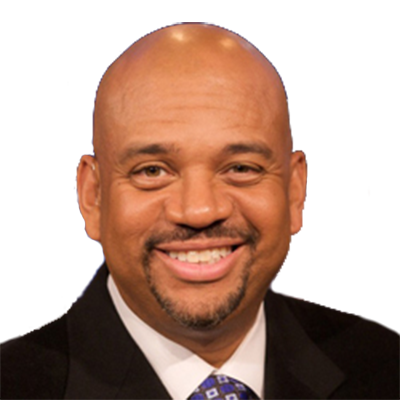 Michael Wilbon
Michael Wilbon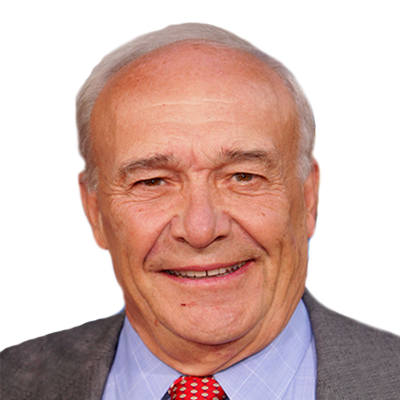 Bill Nack
Bill Nack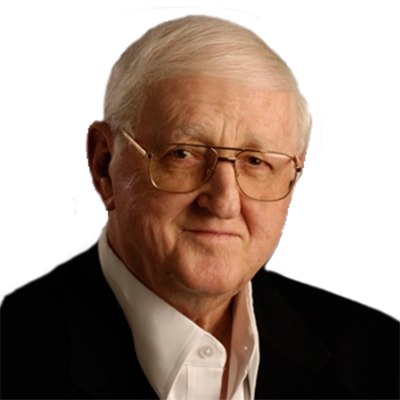 Dan Jenkins
Dan Jenkins Sally Jenkins
Sally Jenkins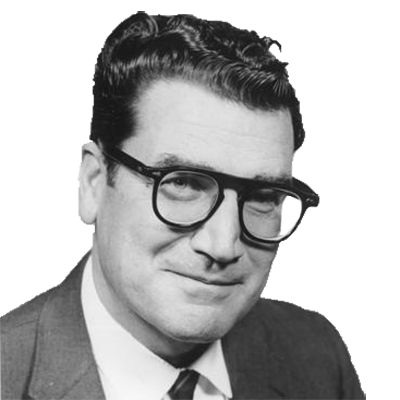 Jim Murray
Jim Murray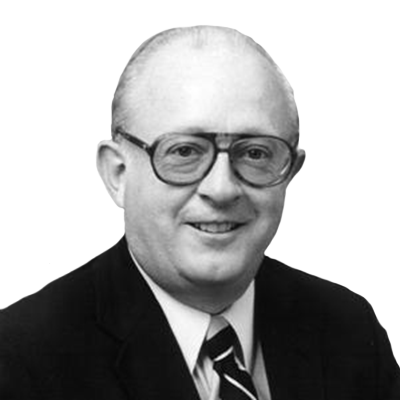 Dave Anderson
Dave Anderson Christine Brennan
Christine Brennan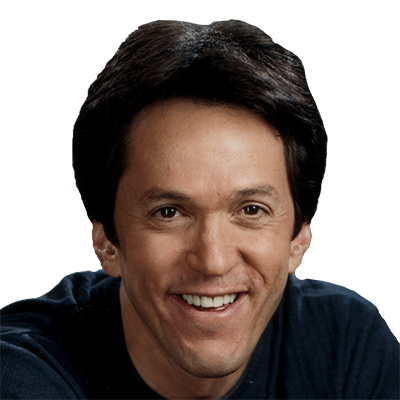 Mitch Albom
Mitch Albom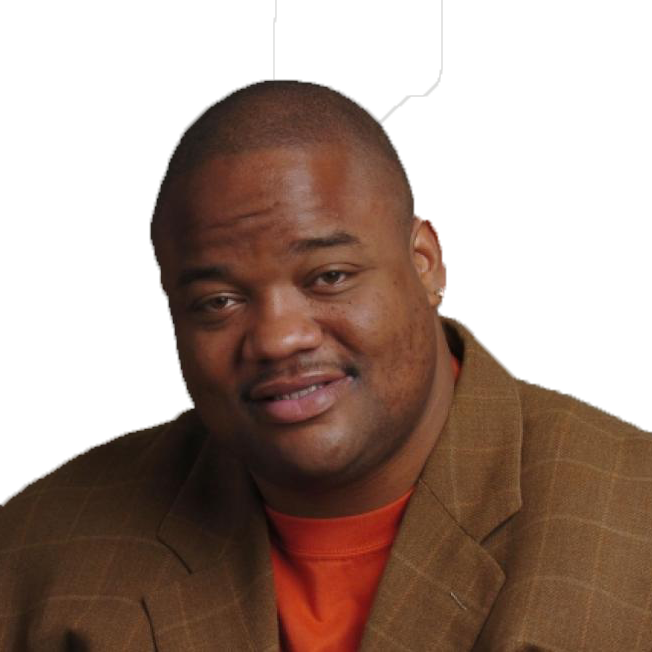 Jason Whitlock
Jason Whitlock Claire Smith
Claire Smith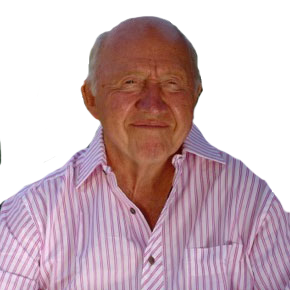 Bud Collins
Bud Collins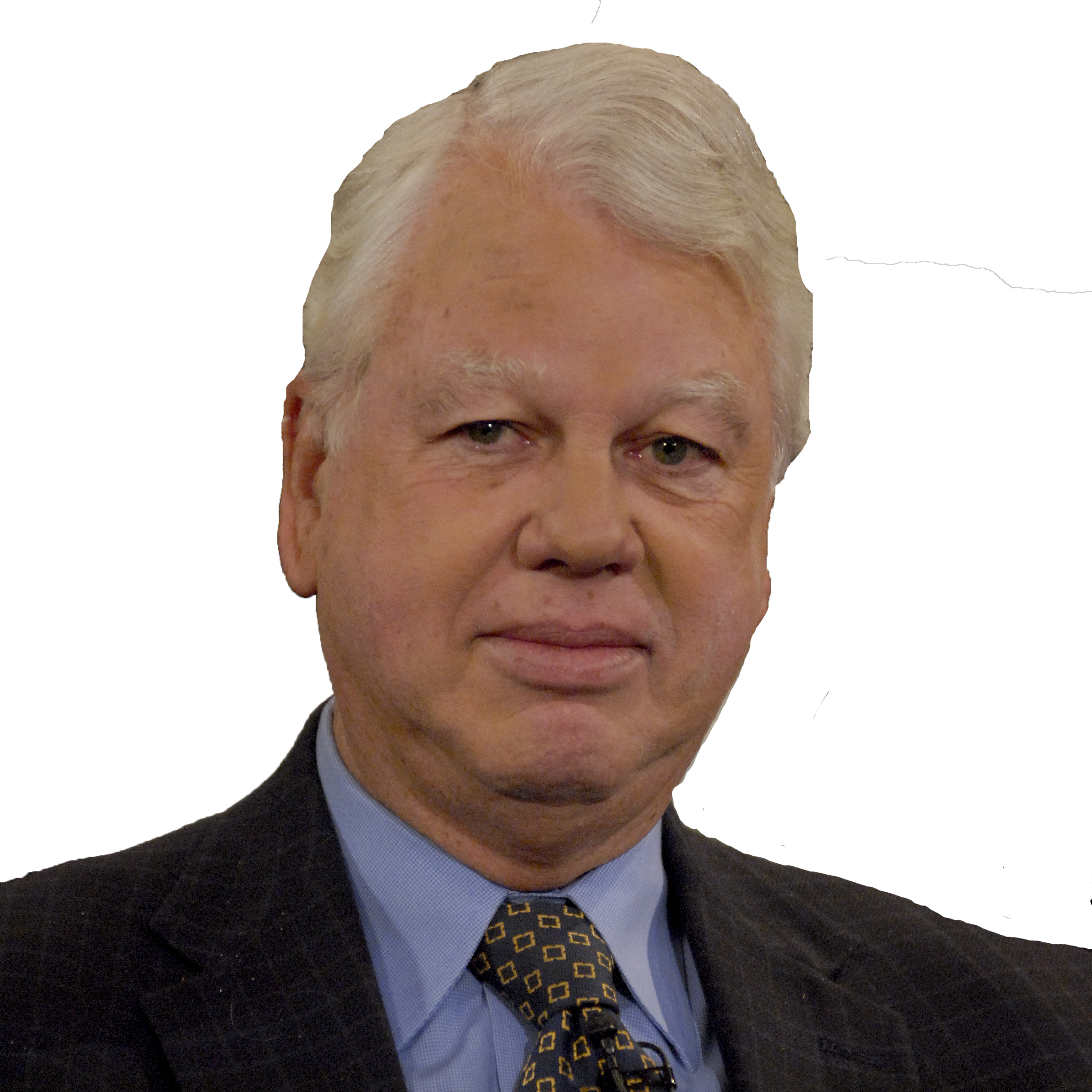 Bob Ryan
Bob Ryan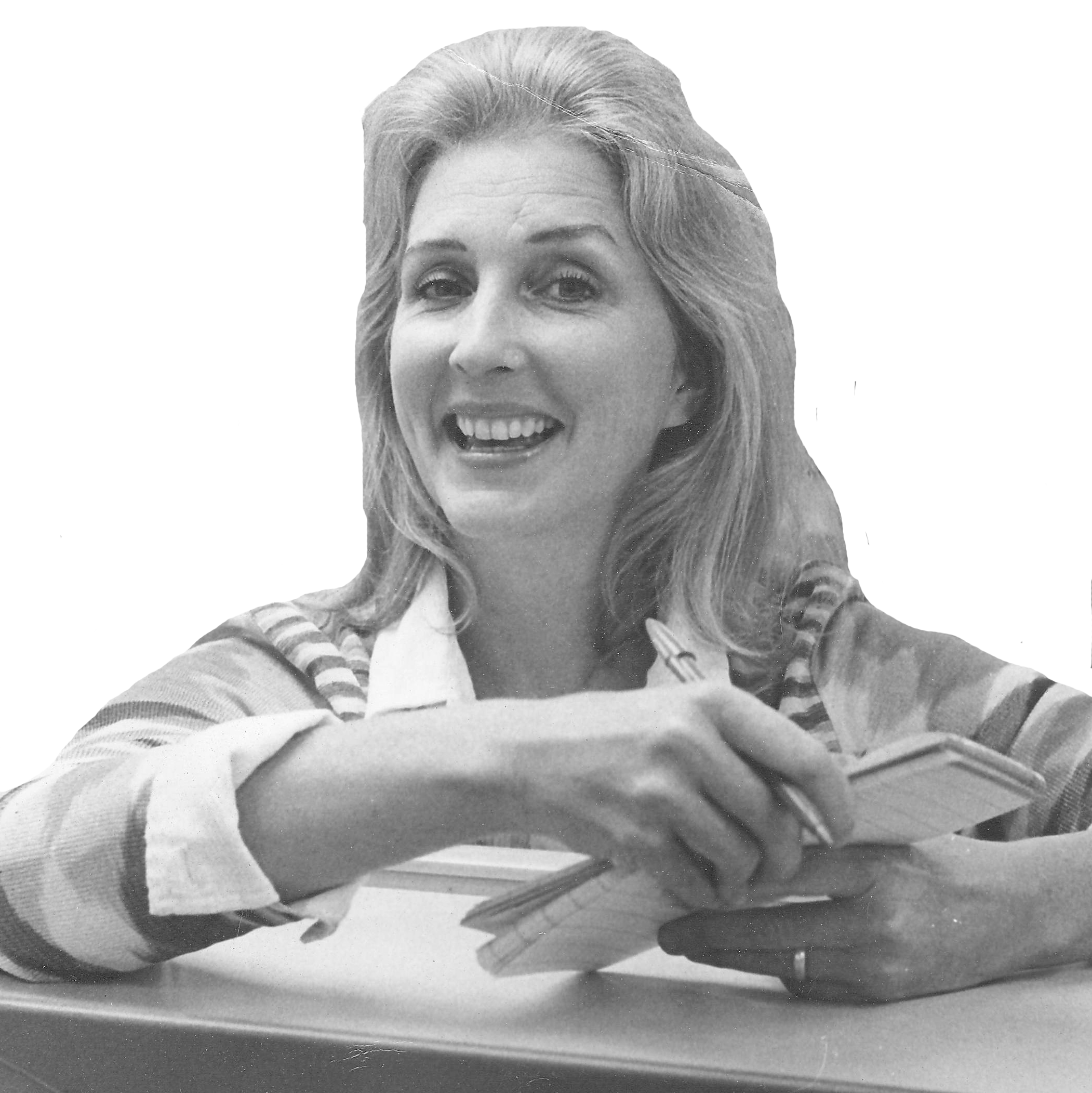 Joan Ryan
Joan Ryan Peter King
Peter King Wright Thompson
Wright Thompson John Feinstein
John Feinstein Lesley Visser
Lesley Visser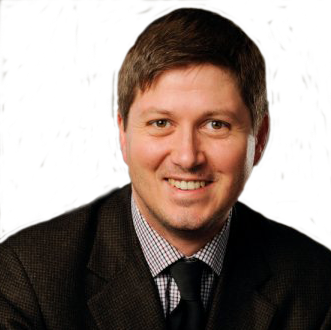 Will Leitch
Will Leitch Tim Kurkjian
Tim Kurkjian Joe Posnanski
Joe Posnanski
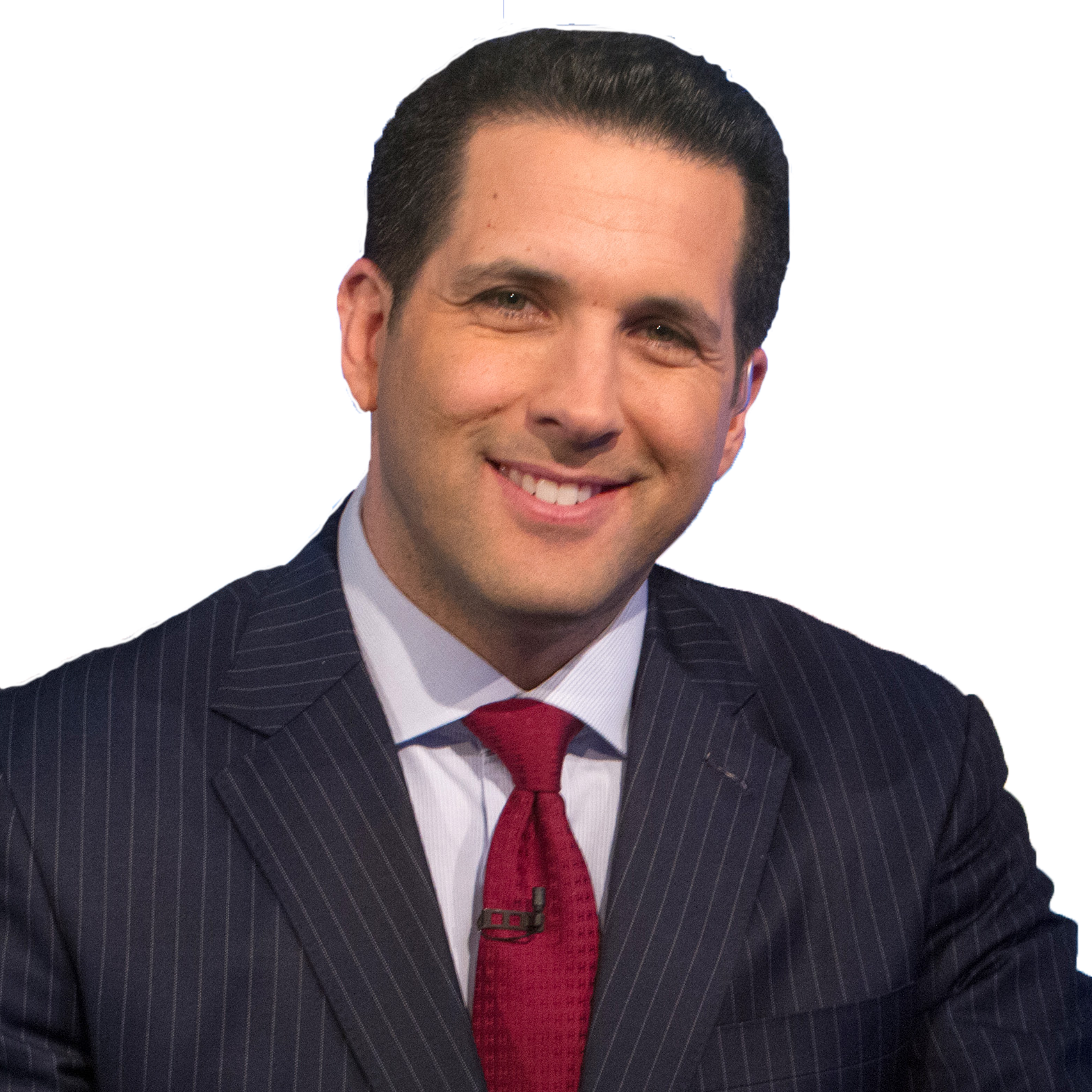 Adam Schefter
Adam Schefter
 Terry Taylor
Terry Taylor
 Frank Deford
Frank Deford Tom Boswell
Tom Boswell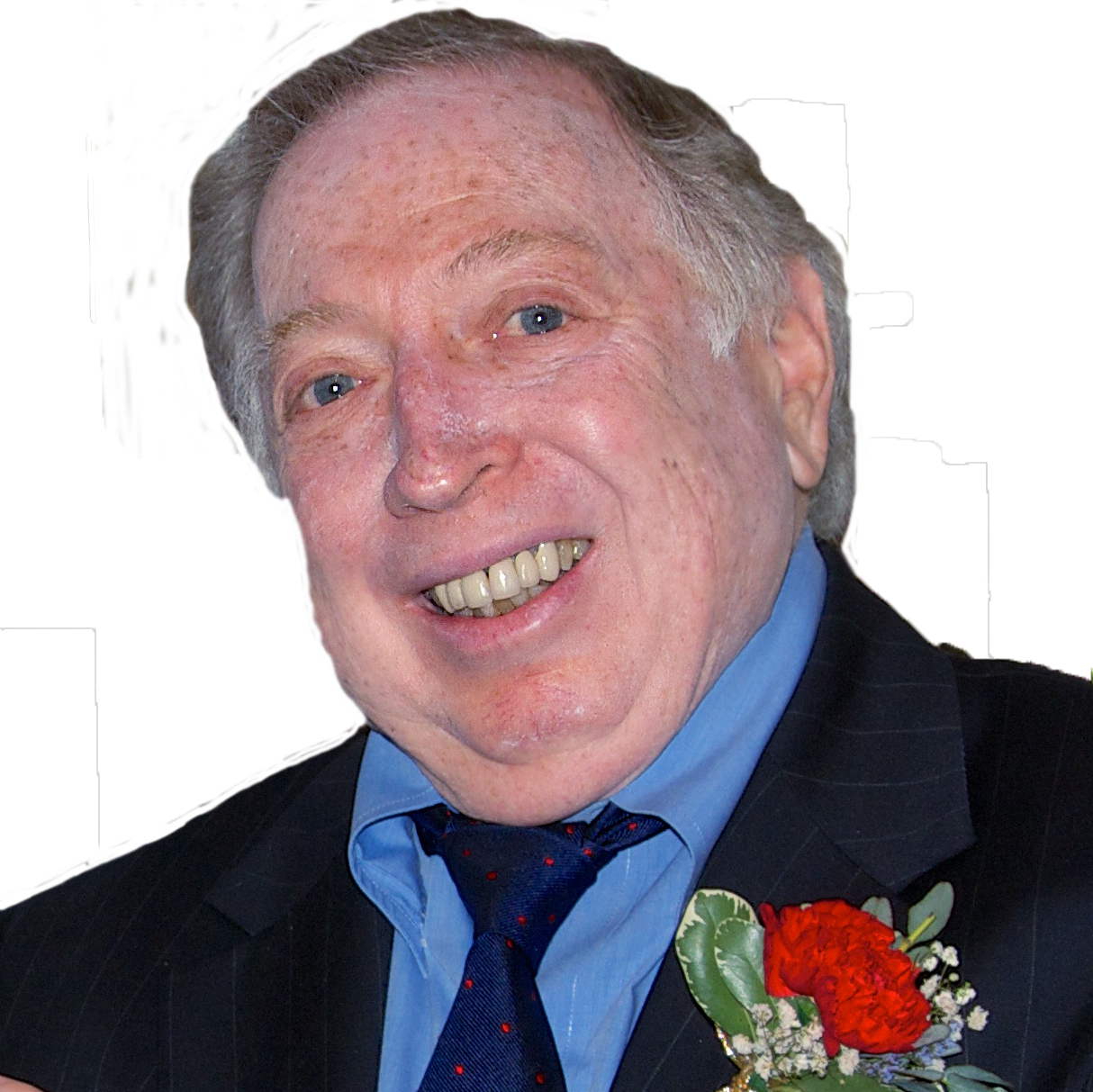 Neil Leifer
Neil Leifer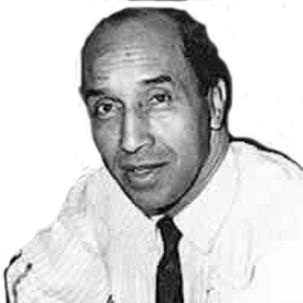 Sam Lacy
Sam Lacy Jane Leavy
Jane Leavy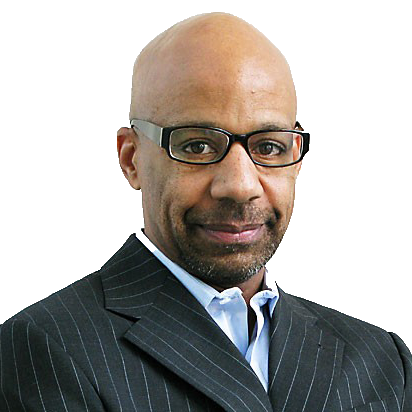 Kevin Blackistone
Kevin Blackistone Juliet Macur
Juliet Macur Andrew Beyer
Andrew Beyer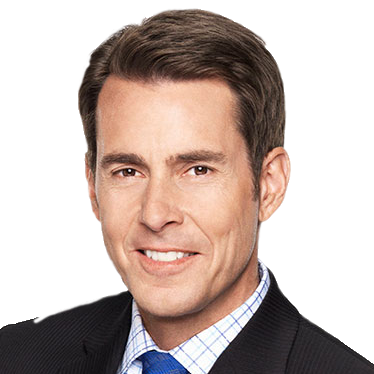 Tom Verducci
Tom Verducci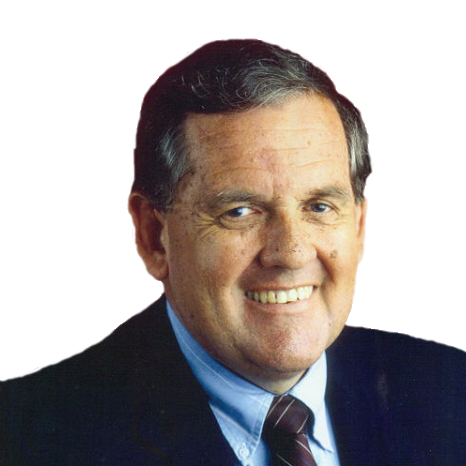 Hubert Mizell
Hubert Mizell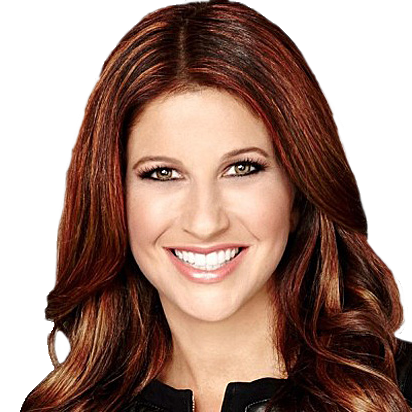 Rachel Nichols
Rachel Nichols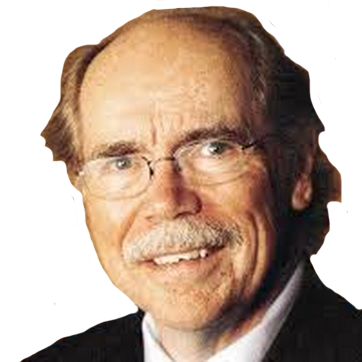 Dave Kindred
Dave Kindred Mike Lupica
Mike Lupica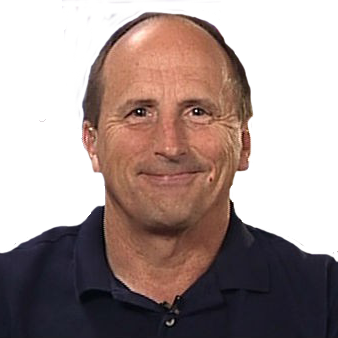 Richard Justice
Richard Justice Jerry Izenberg
Jerry Izenberg Bill Plaschke
Bill Plaschke Kevin Van Valkenburg
Kevin Van Valkenburg George Vecsey
George Vecsey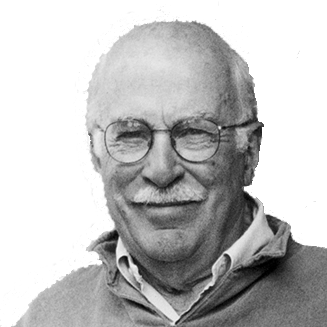 Roger Angell
Roger Angell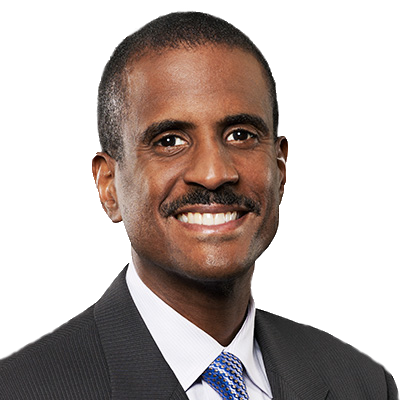 David Aldridge
David Aldridge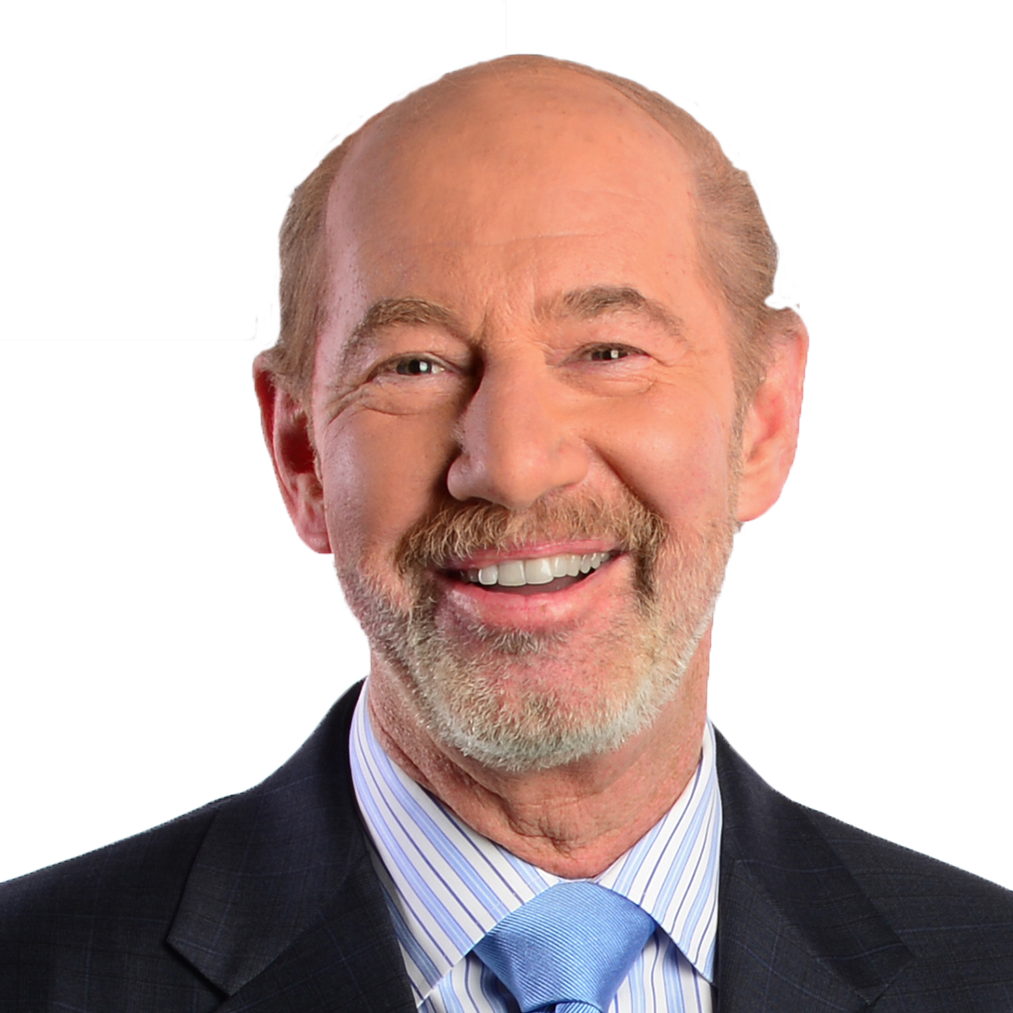 Tony Kornheiser
Tony Kornheiser Jackie MacMullan
Jackie MacMullan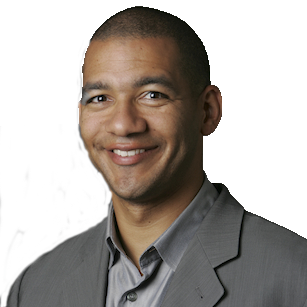 J.A. Adande
J.A. Adande Robert Lipsyte
Robert Lipsyte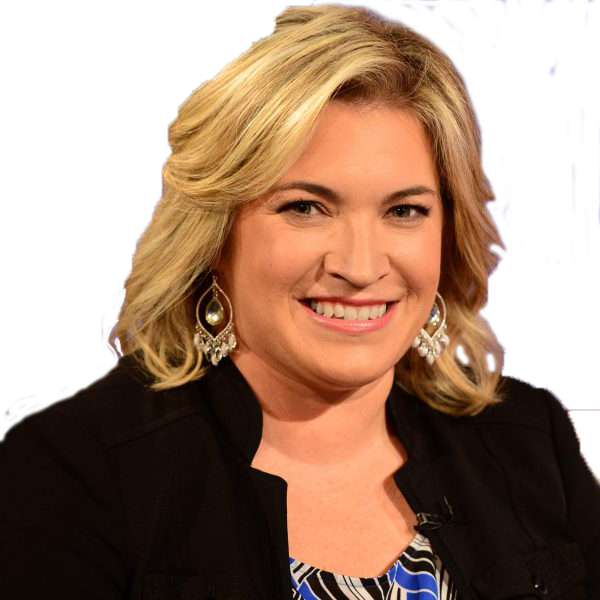 Ramona Shelburne
Ramona Shelburne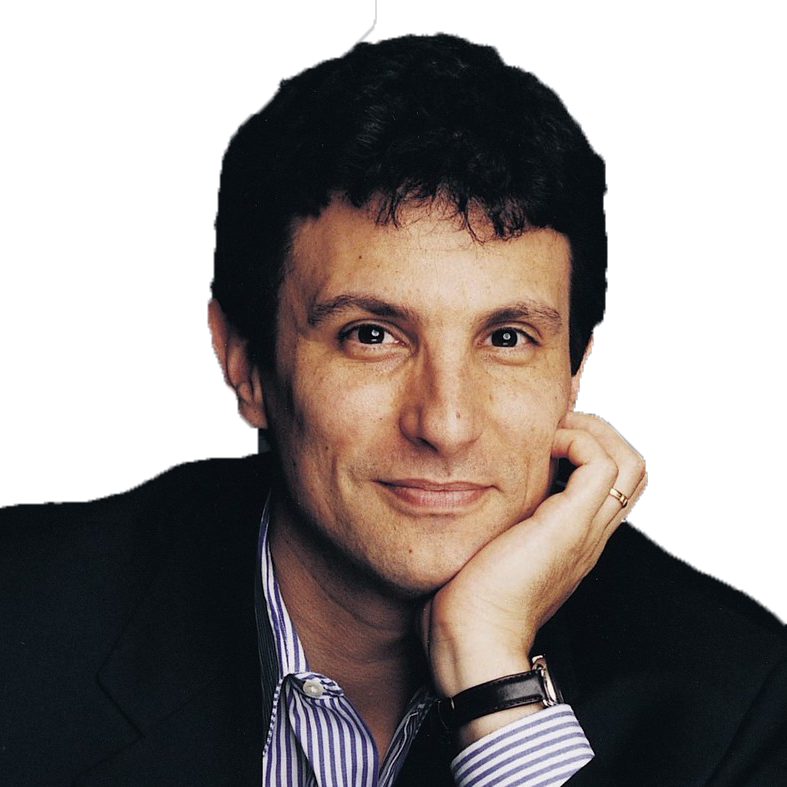 David Remnick
David Remnick Bryan Curtis
Bryan Curtis Chuck Culpepper
Chuck Culpepper Jason Gay
Jason Gay Heidi Blake
Heidi Blake Dan Steinberg
Dan Steinberg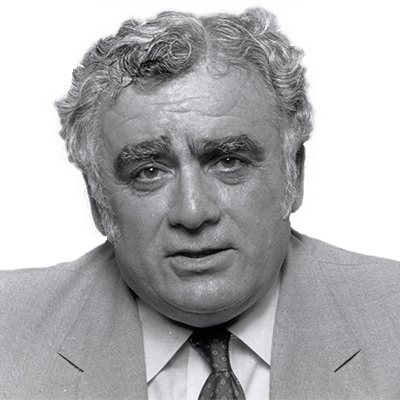 Jerome Holtzman
Jerome Holtzman Barry Svrluga
Barry Svrluga
